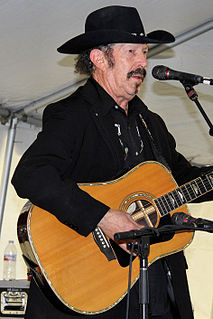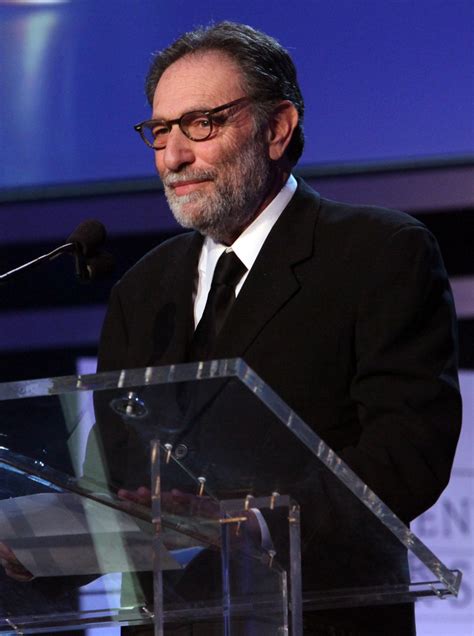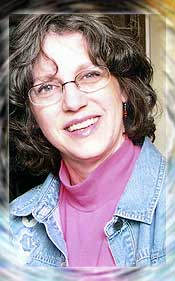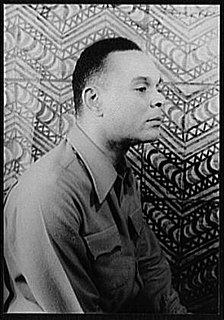A Quote by Joseph Conrad
Droll thing life is -- that mysterious arrangement of merciless logic for a futile purpose. The most you can hope from it is some knowledge of yourself -- that comes too late -- a crop of inextinguishable regrets.
Related Quotes
But the most dangerous thing in the world in the world is to run the risk of waking up one morning and realizing suddenly that all this time you've been living without really and truly living and by then it's too late. When you wake up to that kind of realization, it's too late for wishes and regrets. It's even too late to dream.
For what it’s worth: it’s never too late or, in my case, too early to be whoever you want to be. There’s no time limit, stop whenever you want. You can change or stay the same, there are no rules to this thing. We can make the best or the worst of it. I hope you make the best of it. And I hope you see things that startle you. I hope you feel things you never felt before. I hope you meet people with a different point of view. I hope you live a life you’re proud of. If you find that you’re not, I hope you have the courage to start all over again.
Opportunism towards knowledge is a utilitarian demand that knowledge must be immediately practical. Just like with sociology where we hope its purpose is to serve society, however, the true purpose of sociology lies in its impracticality. It cannot become practical or else it loses its meaning. Perhaps we should learn a different kind of knowledge: the knowledge to question knowledge.
We tend to suffer from the illusion that we are capable of dying for a belief or theory. What Hagakure is insisting is that even in merciless death, a futile death that knows neither flower nor fruit has dignity as the death of a human being. If we value so highly the dignity of life, how can we not also value the dignity of death? No death may be called futile.
I thought that if the right time gets missed, if one has refused or been refused something for too long, it's too late, even if it is finally tackled with energy and received with joy. Or is there no such thing as "too late"? Is there only "late," and is "late" always better than "never"? I don't know.
Life is insanely robust, though we can make species go extinct, and this is the bad thing. So I always make the point that you can't say, 'Is it too late?' That is the terrible question, because either answer promotes inaction. If it's too late, you don't need to act; if it's not too late, you don't need to act.
It's where we're nearest to our humanness. Useless knowledge for its own sake. Useful knowledge is good, too, but it's for the faint-hearted, an elaboration of the real thing, which is only to shine some light, it doesn't matter where on what, it's the light itself, against the darkness, it's what's left of God's purpose when you take away God.






































